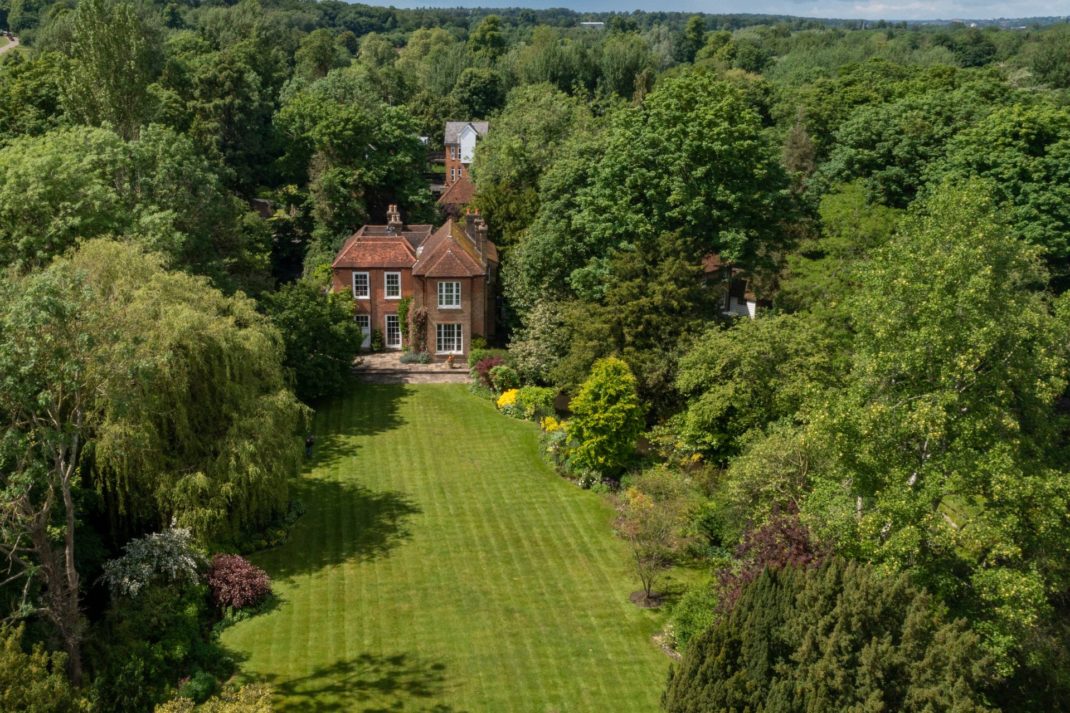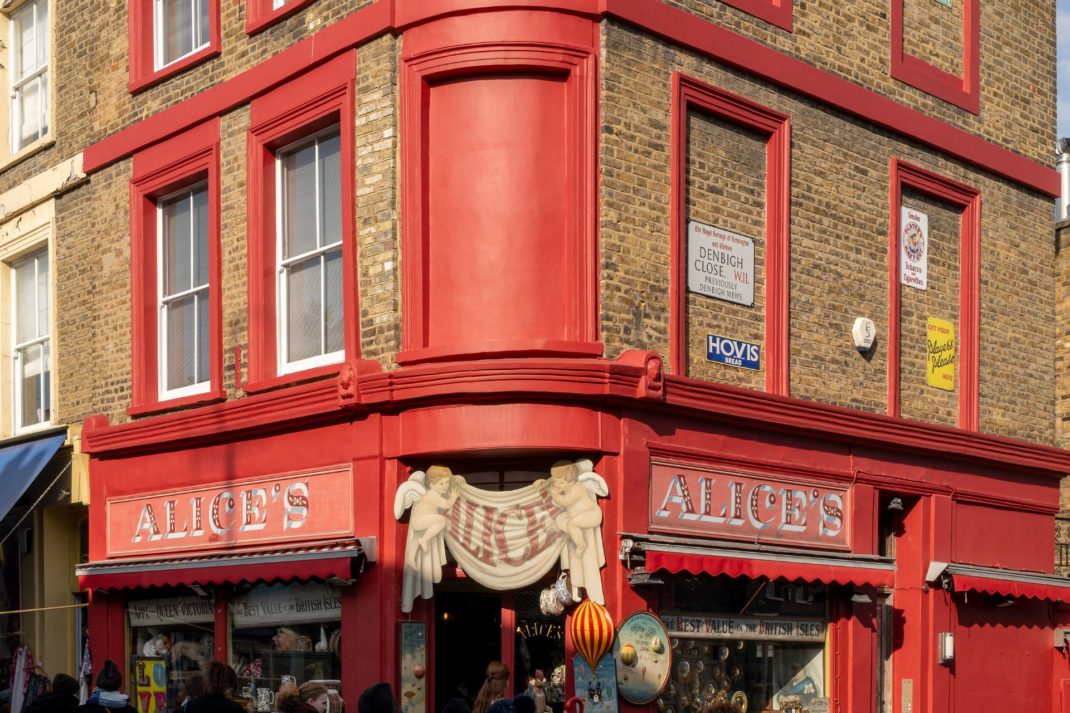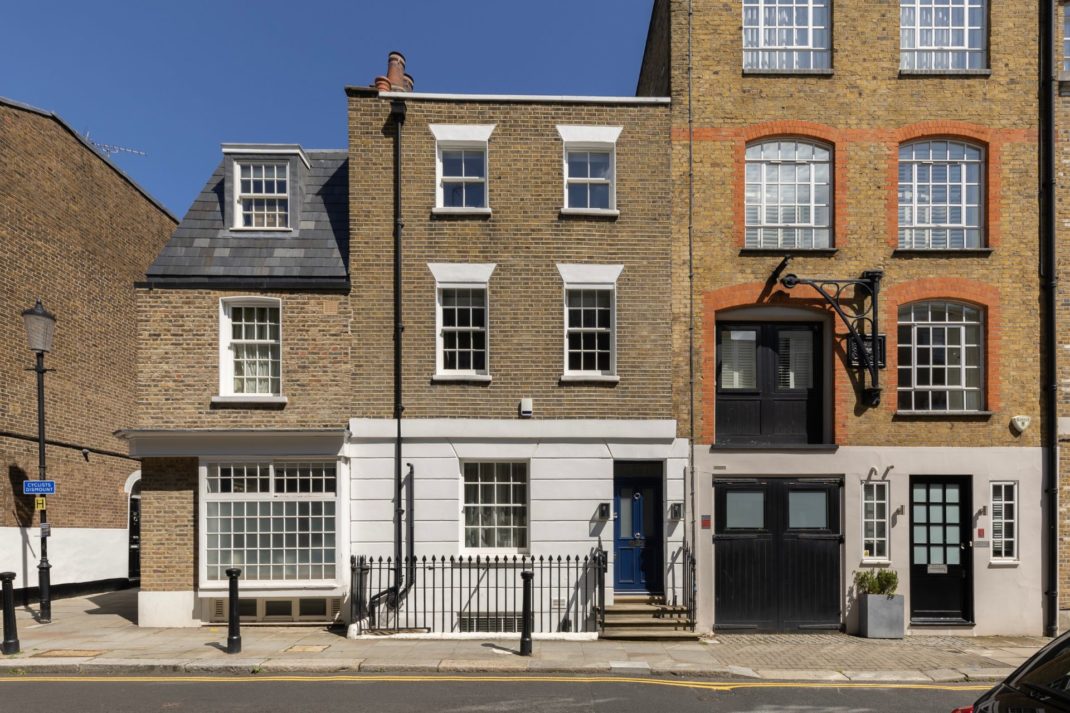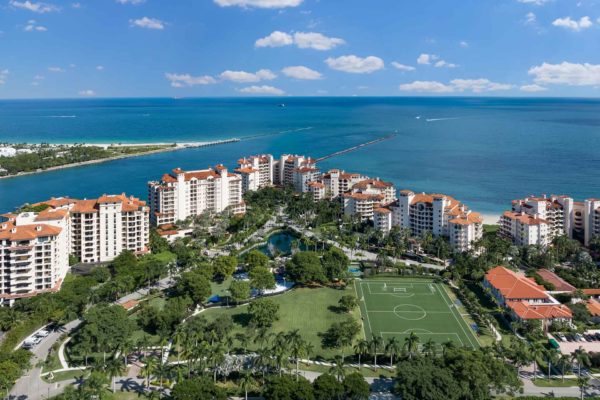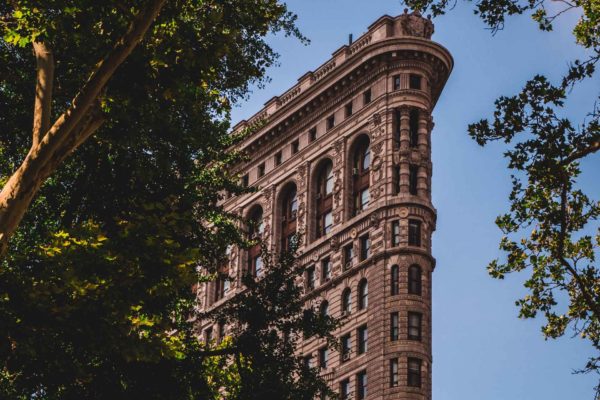The Beverly Hills Of Portugal: Is The Algarve The Best Place To Buy A Holiday Home?
By
1 year ago
Run to the sun
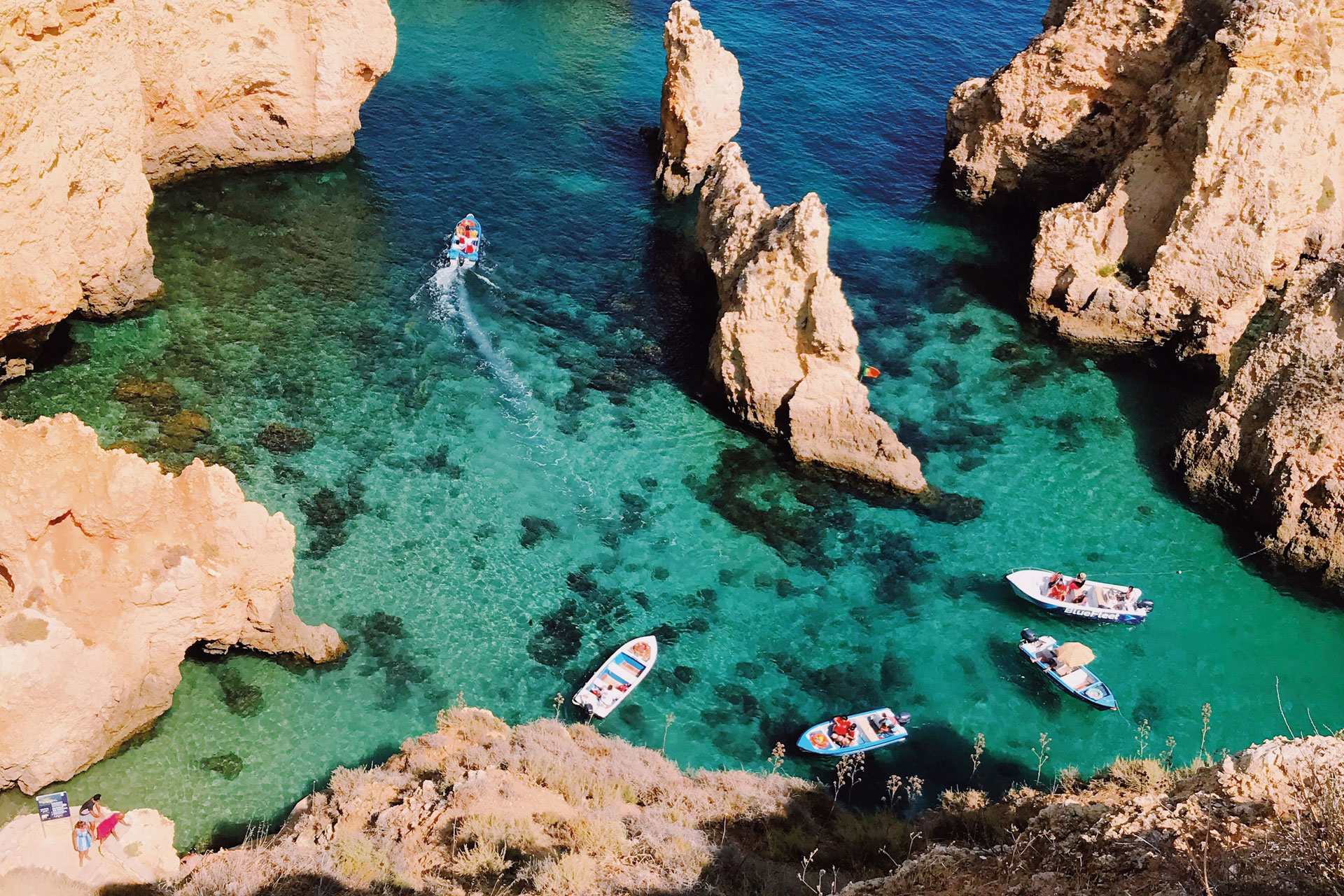
Anna Tyzack heads to Portugal to find homes with T-shirt weather on tap.
Why Second Homeowners Are Setting Their Sights On The Algarve
While Britain is in hibernation, it’s T-shirt weather in the Algarve in southern Portugal. Saturday mornings can be spent on the golf course, or playing tennis or padel, and there are numerous brunch spots on the beach. This time of year used to be off season, but since the pandemic second homeowners are basing themselves in Portugal for longer stretches. ‘Brexit completely changed the market,’ explains Joana Serra of Quinta do Lago Real Estate. ‘Homeowners got a taste of working from home and prioritising their lifestyle, and now want to use up every second of their 90-day allocation.’
The property market in the ‘Golden Triangle’ between Faro, Vilamoura and Almancil has been buzzing for the past two years, with a new generation of buyers seeking a home from home in the Algarve. Most of the activity is in and around the golf communities of Quinta do Lago and Vale do Lobo, which are widely considered to be the Beverly Hills of Portugal.
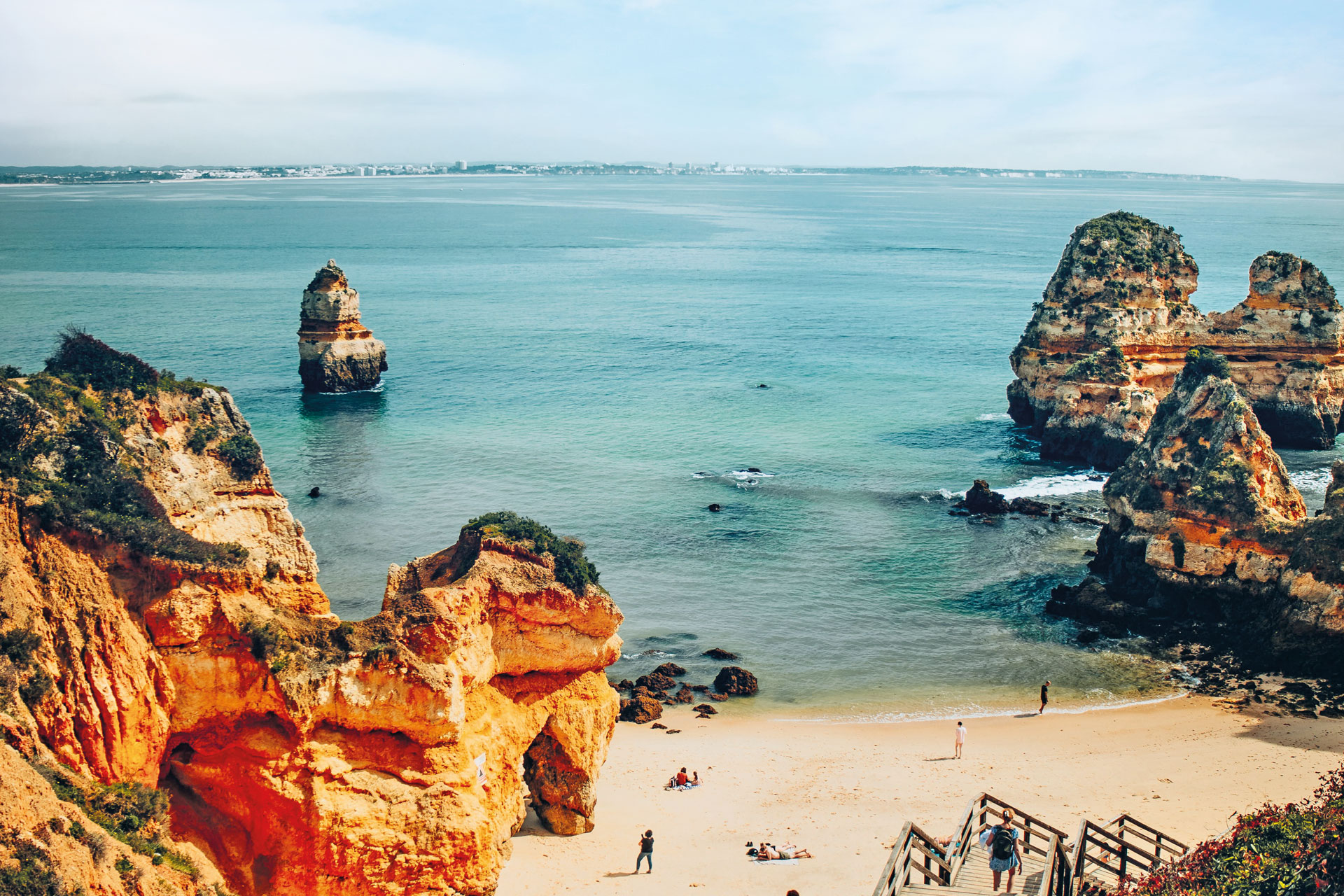
Pexels
‘We have everything from golf, restaurants and shopping to private hospitals and international schools – and 300 days of sun,’ Joana continues. ‘Buyers have confidence in the brand, which means a lot when so much in the world is so uncertain.’ According to Knight Frank’s latest report, the Algarve is one of the world’s most solid lifestyle investment destinations, promising property price growth and guaranteed rental returns. Indeed, should property owners wish to rent out their homes when they’re not there, they can expect a six to nine percent yield.
It was Portugal’s Golden Visa programme, which granted residency to foreigners investing in properties worth at least €500,000, that lured British buyers post-Brexit. Yet according to Knight Frank, even since the residential part of the programme ended earlier this year, the appetite from British buyers has remained, with increasing numbers of Brits opting to move to the Algarve permanently for a safer, healthier and more laidback lifestyle. There are tax benefits, too: the Portuguese Non-Habitual Resident (NHR) programme gives qualifying entrepreneurs, retirees and HNWIs reduced tax rates on Portuguese-source income for ten years, while there is no inheritance tax, wealth tax or gift tax. As such, British and Irish now make up 71 percent of buyers and there are currently waiting lists at Nobel Algarve British International School and Vilamoura International School, which have been forced to grow in size to accommodate the influx of pupils.
George and Kate King from Chiswick in London are among the British families relocating to the Algarve. They bought a tired eighties villa in Quinta do Lago in 2021 as a holiday home, but after spending time in Portugal have decided to move permanently with their three daughters. ‘Lockdown gave us time to think about what we wanted from life and George had such happy memories of holidays in Quinta that we decided to give our kids this experience, too,’ says Kate. ‘The more time we spent here, the more we realised that Portugal is a country on the up: great people, great food, and easy to get around. It’s also more environmentally conscious than the UK – everything about the move feels right.’
The Kings looked at properties in Vale do Lobo and in the countryside outside Almancil, but settled on Quinta do Lago, a country estate three times the size of Monaco, which since the seventies has been sensitively transformed into a lifestyle community that is a prototype for countless others across the world. ‘It hasn’t been overdeveloped – it still feels wild and raw,’ Kate says. ‘My husband can play golf but we also swim in the lake, cycle for miles through the UNESCO Ria Formosa bird sanctuary and can cross Europe’s longest wooden footbridge to a white sand beach.’

Pexels
André Jordan, the Brazilian-Polish entrepreneur who devised Quinta do Lago (meaning ‘farm by the lake’), believed that the empty fields, pine forests and beaches should be developed in a low impact way that respected nature and the local culture. His masterplan, with two golf courses, shops, restaurants and 560 building plots, was approved by the local council, who specified that just eight percent of the land could ever be developed with the rest remaining as a nature reserve. The resort has evolved slowly, adapting to each new generation; the South Course has recently undergone a €7 million upgrade and the latest opening, the Campus, is a high-performance sports hub with a padel and tennis centre, football pitch, spa and outdoor pool.
The final 30 plots were released to the market in 2023, priced from €2.295 million, while the main boulevards of Quinta do Lago are lined with palatial residences worth more than €20 million. Gold-plated values are common across the Golden Triangle, as developers target the younger generation of HNWIs who expect their homes to feature sustainable energy systems, EV charging points and the highest levels of privacy and security. Last year Savills recorded an average sales price of €3.463 million and a 15 percent price increase, making it the second-highest performing European property market.
It’s still possible, however, to find a family villa in the Golden Triangle for less than €2 million, particularly if, like the King family, you’re prepared to renovate. A three-bedroom villa with pool in the Martinhal development in Quinta, for example, is on the market for €1.2 million with Vendici Properties, while a five-bedroom house near the beach and lake is for sale for €1.95 million.
By far the most affordable way to own a home in this part of the Algarve, though, is to buy an apartment. A two-bedroom flat with sea views in Vale do Lobo costs around €1 million, while at the Wyndham Grand in Quinta do Lago, a five-star hotel with spa, gym and Michelin-star restaurant, serviced one and two-bedroom apartments are priced from €550,000. Owners can use the properties for up to 12 weeks a year with full use of hotel amenities plus a five percent minimum guaranteed return. ‘It’s the ultimate turnkey option – you get looked after whenever you’re here, and when you’re not, the property is earning its keep,’ explains Ana Damásio of Wyndham Grand Algarve Residences. Already 70 percent of the properties have been bought, mainly by British and Irish buyers.
The Kings, who don’t yet speak Portuguese, appreciate that there are other English-speaking families to socialise with. But they’re also looking forward to immersing themselves in Portuguese culture and learning the language. ‘I’m not an adventurous traveller and I never saw myself living overseas, but I’m more relaxed in Portugal than I am in Chiswick,’ Kate says. ‘I used to see Quinta as a resort but it’s more of a community than we ever had in London, which is probably why I feel so at home.’




